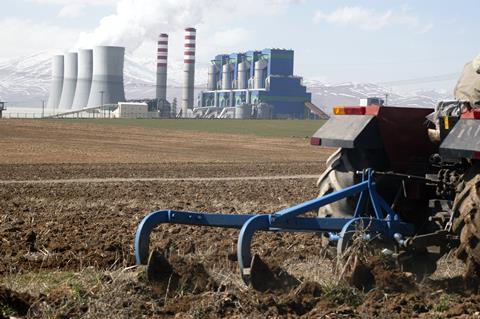
The UK food industry is for the first time coming together to work on a concrete plan for successfully transitioning to net zero by 2050.
The project, spearheaded by the Institute of Grocery Distribution (IGD) in partnership with climate action NGO Wrap and consultancy EY, will see food businesses across the supply chain work together “at pace” in response to decarbonisation goals.
Also known as the Food System Transition Plan, it will consist of both a long-term strategy and framework proposal to 2050, drawing on businesses’ individual knowledge on areas like key emissions drivers, emissions reductions and costs.
It will be backed-up by a robust body of data published by the different key stakeholders – including the British Retail Consortium, the Food & Drink Federation and UKHospitality, as well as the NFU’s sector resilience plans – to help drive alignment and action across the entire food system.
There are also plans to involve investors and government to help achieve those targets in time.
“There is a high degree of ambition and commitment to reach net zero across the UK food industry, but no single plan that illustrates the true cost of the system’s transition to it,” said IGD CEO Sarah Bradbury.
“Therefore, I’m delighted IGD is working with EY and Wrap to develop a sector-wide transition plan, built on the most rigorous data and modelling available, outlining the key actions required and how they can be costed and delivered.
“This will provide clarity on where government support will be required to overcome barriers and will form the framework from which businesses can develop their own individual transition plans.”
The food and agriculture industry is one of the largest CO2 emitters, responsible for around one-third of all greenhouse gas emissions.
Read more: Calls for UN report on meat consumption impact to be retracted
It is also one of the most affected by climate change, with production of cereals, fruits and vegetables at risk due to extreme weather conditions.
The Food and Agriculture Organization acknowledged at the United Nation’s COP summit last year that food systems required structural changes and extensive government support to be able to reach net zero goals.
Wrap director of behaviour change and business programmes, Catherine David, said the group’s analysis over the years through the Courtauld Commitment – which brings businesses together to take data-driven action on areas like food waste and plastics – had “confirmed the need for an unprecedented level of collective action if we are to stand any chance of achieving net zero targets”.
“This initiative intends to lay the foundations for investment and action at scale and pace for all actors in our food system.”
David Kennedy, corporate sustainability partner at EY, added: “In a highly competitive industry, where carbon reductions typically add costs, and with complex supply chains, this is needed to drive action.
“It will catalyse the industry to meet its ambitious commitments and play its part in economy-wide decarbonisation.”







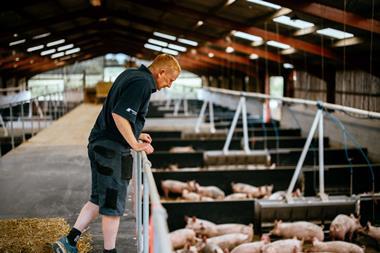
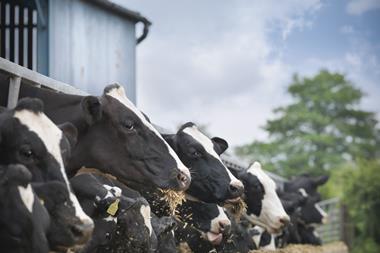
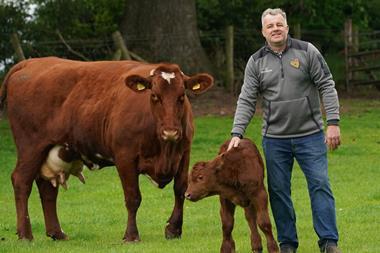








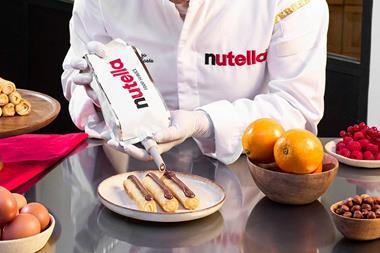
No comments yet